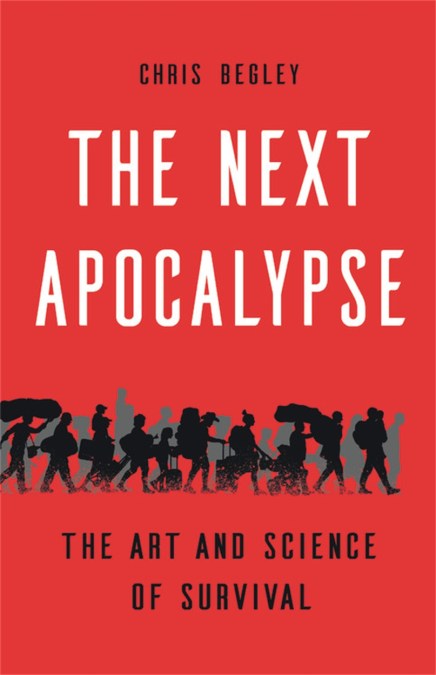Pandemic, climate change, or war: our era is ripe with the odor of doomsday. In movies, books, and more, our imaginations run wild with visions of dreadful, abandoned cities and returning to the land in a desperate attempt at survival.
In The Next Apocalypse, archaeologist Chris Begley argues that we completely misunderstand how disaster works. Examining past collapses of civilizations, such as the Maya and Rome, he argues that these breakdowns are actually less about cataclysmic destruction than they are about long processes of change. In short: it’s what happens after the initial uproar that matters. Some people abandon their homes and neighbors; others band together to start anew. As we anticipate our own fate, Begley tells us that it was communities, not lone heroes, who survived past apocalypses-and who will survive the next.
Fusing archaeology, survivalism, and social criticism, The Next Apocalypse is an essential read for anxious times.
In The Next Apocalypse, archaeologist Chris Begley argues that we completely misunderstand how disaster works. Examining past collapses of civilizations, such as the Maya and Rome, he argues that these breakdowns are actually less about cataclysmic destruction than they are about long processes of change. In short: it’s what happens after the initial uproar that matters. Some people abandon their homes and neighbors; others band together to start anew. As we anticipate our own fate, Begley tells us that it was communities, not lone heroes, who survived past apocalypses-and who will survive the next.
Fusing archaeology, survivalism, and social criticism, The Next Apocalypse is an essential read for anxious times.
Newsletter Signup
By clicking ‘Sign Up,’ I acknowledge that I have read and agree to Hachette Book Group’s Privacy Policy and Terms of Use

